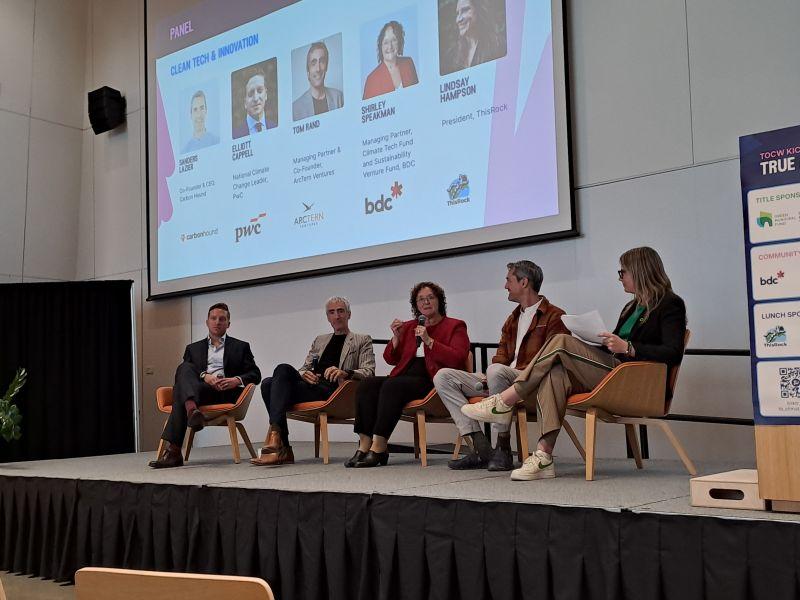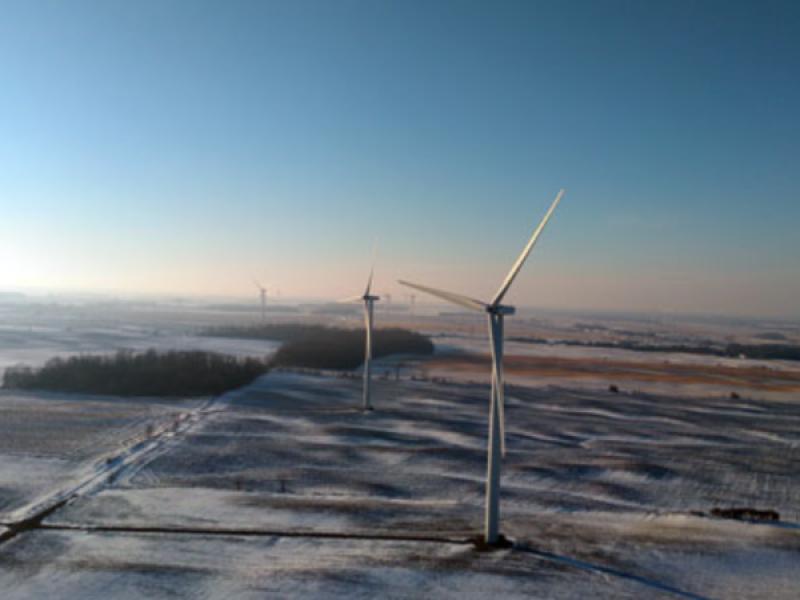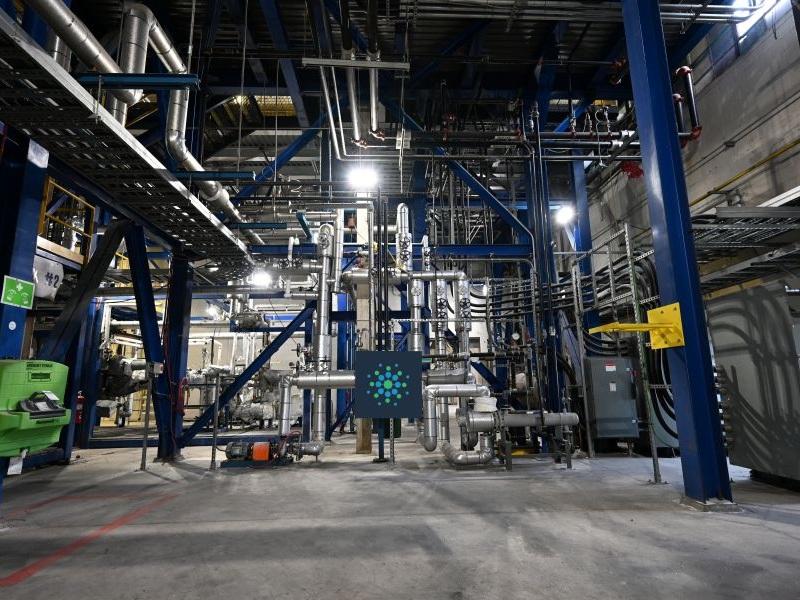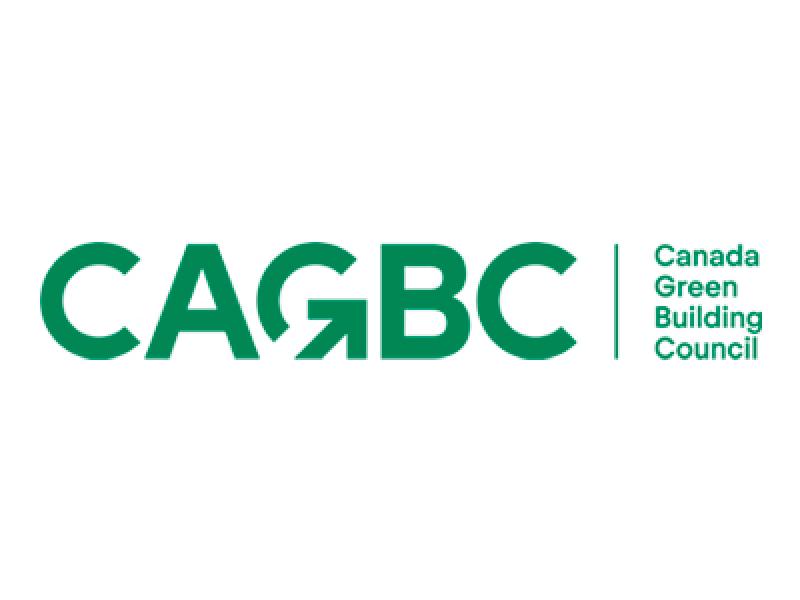 Montreal-based dcbel Inc. has formed a new division, Capacity, to help grids manage an expected surge in distributed energy systems that generate and store renewable power in close proximity to the end user.
Montreal-based dcbel Inc. has formed a new division, Capacity, to help grids manage an expected surge in distributed energy systems that generate and store renewable power in close proximity to the end user.
Capacity offers services that enable utilities to predict upcoming energy demand and prepare for the increasing number of distributed energy resources such as domestic electric vehicle (EV) chargers and batteries; and securely access real-time data from the assets for effective management and monetization.
“Capacity will now give you this capability to be in the future,” Marc-André Forget, CEO of dcbel, told Sustainable Biz Canada in an interview.
The developer of a home energy station named Ara that controls domestic solar energy systems, EV chargers and batteries, dcbel launched Capacity to remove the barriers that impede deployment of distributed energy resources, he explained.
With corporate and government customers already tapping into Capacity, Forget said the new division can help both industries and regulators “figure out what is the best path forward to exploit and maximize the use of renewables in the grid.”
Capacity’s core services
The concept for Capacity emerged from the development of Ara, when the need for a cybersecure platform that can control thousands of dcbel assets was identified. Capacity also came up with a virtual simulation of a system, a digital twin, to check if the real-life operations of equipment such as rooftop solar panels match the predicted outputs.
After receiving interest from utilities and automakers for the two technologies, dcbel’s management decided there was an opportunity in letting its industry peers access its development.
The first service named Parallel offers the digital twin. It takes real-time meter data from consumers’ equipment such as bidirectional EV chargers, smart home devices and solar inverters, and combines it with expected consumer behaviour and weather forecasts, to model load baselines and electricity pricing.
Forget said Parallel functions as a “try before you buy” and a time machine into the electrical grid of the next 20 years. Utilities can adjust their investments to prepare and adapt pricing for installations of rooftop solar panels and home energy storage, for example.
The second service is named Technical Aggregation. A real-time interface, it collects gigabytes of data per minute from distributed energy devices to manage customer participation in utility energy programs, uncover new revenue streams, calculate earnings and schedule the ideal time to charge items such as EVs.
Capacity can help increase access to renewable energy and let more smart devices at home “talk” to each other, Forget said.
The offerings are cloud-based subscription services compatible with most or all standardized communication protocols in distributed energy resources, he added.
Capacity’s first clients
The first clients of Capacity include Volvo, French energy aggregator Voltalis and the U.K.’s Department for Energy Security and Net Zero.
Governments are tapping into Capacity’s services to plan for the grids of the future. Universities are using Parallel to conduct studies. Automakers have shown interest, Forget said, because Capacity lets them control hundreds of thousands of devices in real-time at low cost.
While the company does not yet have Canadian clients, Forget said Capacity is in talks with utilities from Ontario and Alberta, discussing the impact of having thousands of renewable energy generation equipment and behind-the-meter devices enter the grid.
Europe has been Capacity’s priority with all the deployments and trials taking place in the U.K. and France, but the company is launching its service in North America.
dcbel aims to be ‘a very boring company’
After carving out a new division and receiving a US$55-million investment in March, dcbel will aim to be “a very boring company in the next couple of quarters,” according to Forget. Executing on its business strategy and operations will be its main focuses – including shipping Ara units to the U.S. and Europe and ramping up manufacturing capability.
Discipline is a key word Forget emphasized, a measured approach that has taken priority given the overturning of U.S. trade policy that directly impacts dcbel. Being a drama-free company that delivers quality products is key to this plan.
“We have to be disciplined. We have to be careful in those uncertain times.”
Despite the pressures of erratic tariff policies and protectionism, Forget said the company has managed to nestle itself in a good place. dcbel plans to open a factory line in the U.S. and Europe to bypass the tariffs, and has its own supply chains.
“Since our product never had been dependent on subsidies,” Forget said, “our product is financially sound.”










